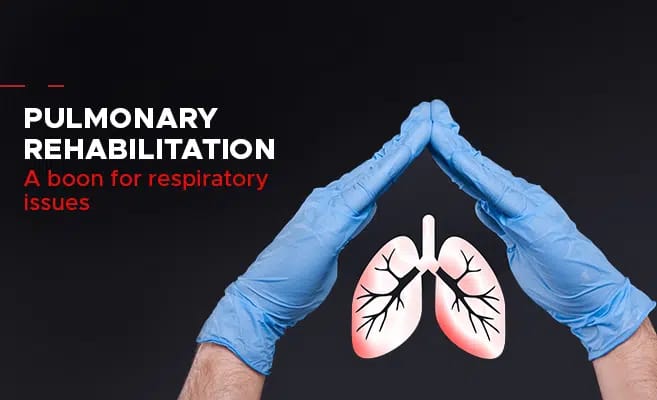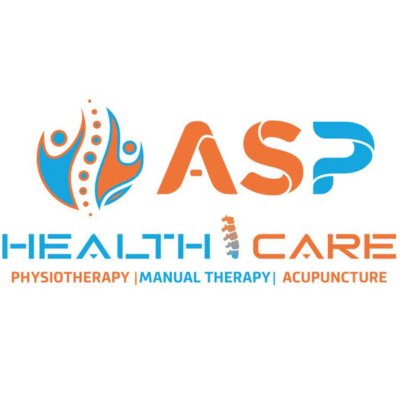+918042757363

This is your website preview.
Currently it only shows your basic business info. Start adding relevant business details such as description, images and products or services to gain your customers attention by using Boost 360 android app / iOS App / web portal.
Pulmonary rehabilitation in ambattur Pulmonary...

Pulmonary rehabilitation in ambattur Pulmonary rehabilitation (PR) is a comprehensive program designed to improve the physical and psychological well-being of individuals with chronic respiratory diseases such as chronic obstructive pulmonary disease (COPD), asthma, pulmonary fibrosis, and bronchiectasis. It is a multidisciplinary approach that involves exercise training, education, and behavioral interventions tailored to the specific needs of each patient. Here are key components and goals of pulmonary rehabilitation: Exercise Training: Exercise is a cornerstone of pulmonary rehabilitation. Patients participate in supervised exercise sessions that include aerobic exercises (such as walking, cycling, and swimming) and strength training exercises to improve respiratory muscle strength and endurance. Exercise programs are tailored to the individual's abilities and fitness level. Education: Patients receive education on various aspects of their respiratory condition, including understanding their disease process, medications, breathing techniques, energy conservation strategies, and techniques to manage breathlessness and exacerbations. Education helps patients better manage their condition and improve their quality of life. Breathing Techniques: Pulmonary rehabilitation teaches patients breathing techniques such as pursed-lip breathing and diaphragmatic breathing to optimize lung function, reduce shortness of breath, and improve oxygen exchange. Nutritional Counseling: Nutrition plays a crucial role in managing chronic respiratory diseases. Patients receive guidance on healthy eating habits, weight management, and dietary modifications to support their overall health and energy levels. Psychosocial Support: Pulmonary rehabilitation programs address the emotional and psychological aspects of living with a chronic respiratory condition. Patients receive support, counseling, and coping strategies to manage anxiety, depression, and stress related to their condition. Smoking Cessation: For patients who smoke, pulmonary rehabilitation provides support and resources to help them quit smoking. Smoking cessation is essential for managing respiratory diseases and preventing further damage to the lungs. Home Management Strategies: Patients learn techniques to manage their symptoms and perform daily activities more efficiently at home. This may include using assistive devices, conserving energy, and recognizing early signs of exacerbations. Long-Term Maintenance: Pulmonary rehabilitation emphasizes the importance of adopting and maintaining healthy lifestyle habits even after completing the program. Patients are encouraged to continue exercising regularly, adhering to their treatment plan, and monitoring their symptoms to prevent deterioration of lung function and improve their overall well-being.

